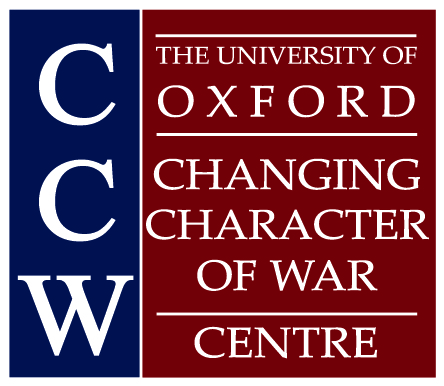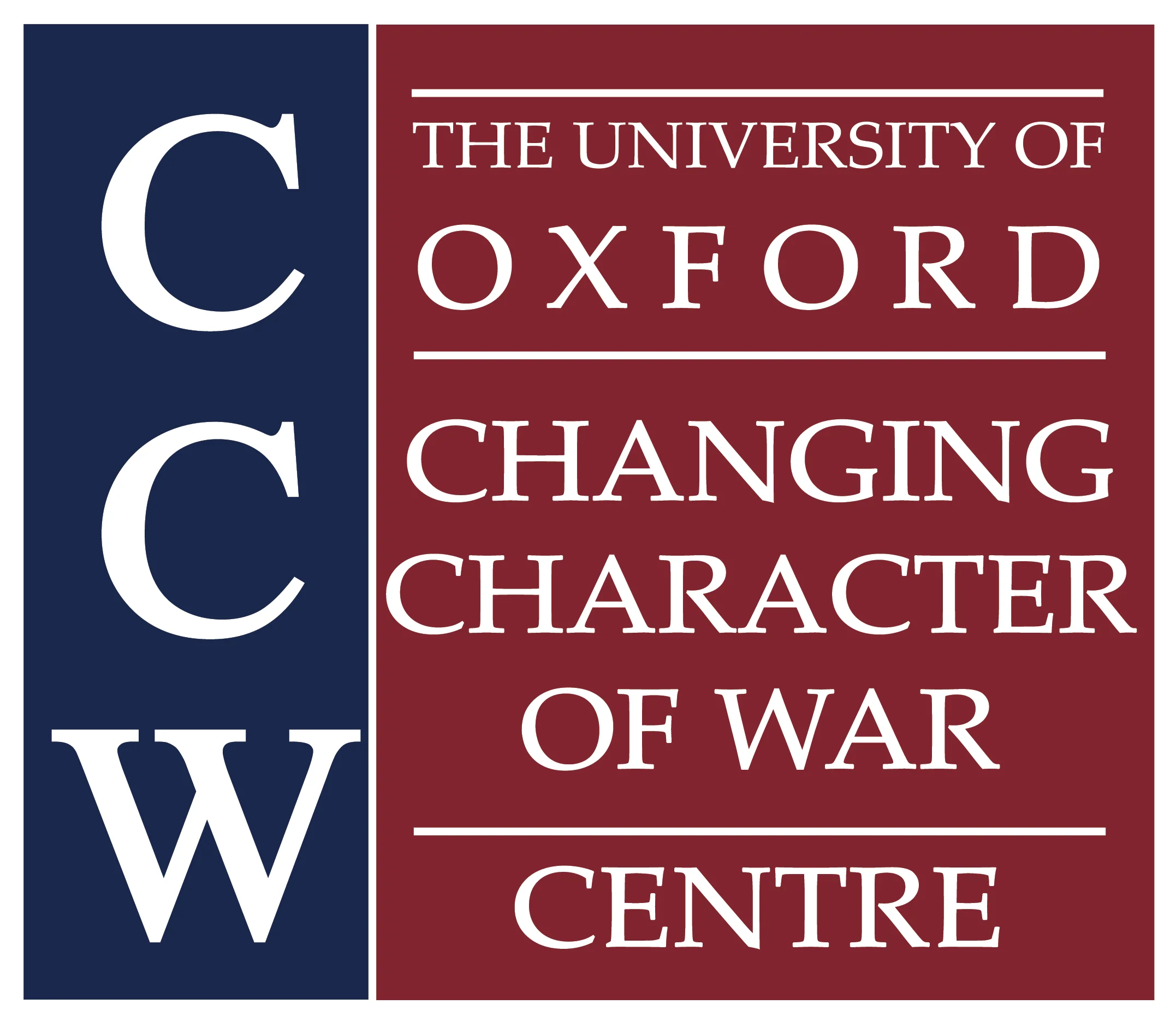ARTICLES
Soft Power in Theory and Practice
Graeme P. Auton and Robert J. Jackson
Making Sense of Strategy’s Relational Nature
Lukas Milevski
Fighting Complexity With Complexity: Recognising the New Science in NSS
William Rushworth
Uncertainty in National Security Strategy: ‘What the Old Lady of Threadneedle Street could teach the old men of Whitehall.’
James Sladden
Education and the General: Educating Military Executives
Randall Wakelam
Space Security and Strategic Stability
Jing Zhong
INTERVIEWS
Collateral Damage, Covert Operations and American Exceptionalism: An Interview with Chris Woods
Roderick McKenzie
Drones and the RAF: An Interview with Sqn Ldr Keith Dear
James Fergus Rosie
On the Ethics of Drone Strikes, Optimism and Obscuring Language: A Conversation with an Anonymous Academic
Christiana Spens
REVIEWS
Ramsay, Gilbert (2013), Jihadi Culture on the World Wide Web (Bloomsbury: New York)
Roderick McKenzie
Gary J. Bass (2014), The Blood Telegram: Nixon, Kissinger and a Forgotten Genocide (Hurst & Co: London)
Christiana Spens















